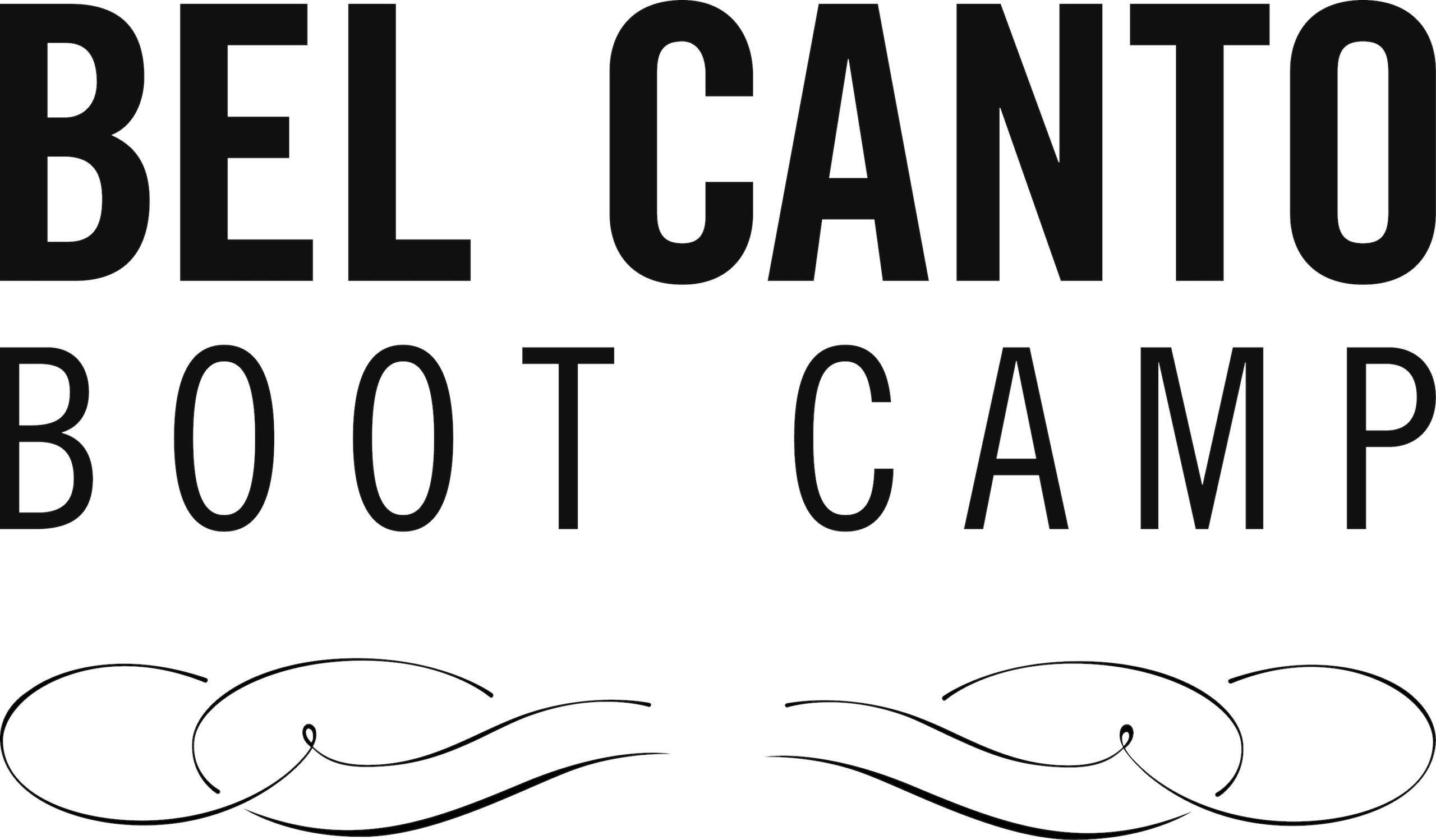Every summer I try to take some time to look for new or less overused songs and arias to assign my students. This summer that included discovering recently purchased anthologies of music by African American women (Margaret Bonds, Florence Price, Jacqueline Hairston) and soon will include the new (ordered and on its way) anthology of music by composers of the African Diaspora in an effort to replace the tired, and in many cases cringe-worthy “standard” English language art songs assigned to undergraduates. (For an overview of anthologies of art songs for the voice studio I recommend Madeleine Grey’s blog (https://divamum.blogspot.com/?fbclid=IwAR0R2DUXbq-LxBRhMuXznH4a23KoJKTXuabBiL2VtlayWAs9DwjaNwZcbWI).
While thinking about that, I’m reminded that I always plan on assigning more than the same seven or eight songs from the 24 Italian Songs and Arias (Now 28). In conversations about the full Parisotti three-volume anthology (from which most of the famous Schirmer volume is drawn) I realized that many people are not aware that there’s a third volume, and I had assumed that most of the ones not in the 24/28 volumes are not often assigned. But as usual, a little research revealed a very different story than what I had assumed.
Alessandro Parisotti (1853-1913) is no longer remembered except for his Arie Antiche in which he published 99 songs in three volumes. All of these songs were rarities at the time he published his arrangements of them, although now many are standards and in a few cases the operas, especially those by Handel, are regularly performed. I found a good many professional recordings on YouTube of songs not in the famous 24. (There are likely many more if I did a deeper search.) Dame Janet Baker wins the prize for having ventured well beyond the most famous pieces in these volumes, although just about every singer of note at one point sang a few of these either on recordings or in recitals preserved on video or audio recordings.
I easily found YouTube videos of every number in Volume I (although the versions of Plaisir d’amour were in French rather than Italian and rightly so). Many were by students, (NATS being online for the past few semesters means there are tons of options for those. I have only shared clips sung by famous singers. There are some real gems here and many that I like better than some of the ones too often assigned.
Bononcini: Deh più a me non v’ascondete https://www.youtube.com/watch?v=GsQhyTx7BNw
Alessandro Scarlatti: Son tutta duolo https://www.youtube.com/watch?v=cIm3bW4jjZM
Alessandro Scarlatti: Spesso vibra per suo gioco https://www.youtube.com/watch?v=uuO-8zelmSk
Alessandro Scarlatti: Se tu della mia morte https://www.youtube.com/watch?v=0KjWiAPAHKE
Vivaldi: Un certo non so che https://www.youtube.com/watch?v=rbffFxluaxE
Caldara: Selve amiche https://www.youtube.com/watch?v=R4_7vZQ3HPU
Handel: Alcina; HWV 34: Ah! mio cor! schernito sei https://www.youtube.com/watch?v=RLrymlRE5QQ
Pergolesi: Ogni pena più spetata https://www.youtube.com/watch?v=zS7EFPZTI3I
Pergolesi: Stizzoso https://www.youtube.com/watch?v=I1NsPkfSlG8
Piccinni: Notte, dea del mister https://www.youtube.com/watch?v=igxZ5rVhcCY
Paisiello: Chi vuol la zingarella https://www.youtube.com/watch?v=IzULAUn-8tM
Paisiello: Il mio ben quando verrà https://www.youtube.com/watch?v=gdA_MLil2Gg
The same goes for Volume II. It was easy to find videos of all the songs although many were only student recordings (many of those very good). Even so, I’m sharing performances by famous singers for your enjoyment and edification.
Falconieri: Pupillette https://www.youtube.com/watch?v=ynI9QIm7D04
Tenaglia: Quando sarà quel di https://www.youtube.com/watch?v=oFP2yK8TZZ4
Stradella: Ragion sempre addita https://www.youtube.com/watch?v=XGNmoHpPhDw
Fasolo: Cangia tue voglie https://www.youtube.com/watch?v=Q5VYKqjHi7c
Scarlatti: Su, venite a consilio https://www.youtube.com/watch?v=uzn82JORyLQ
Bassani: Dormi, bella https://www.youtube.com/watch?v=KMI1yXUfOTk
Bassani: Posate, dormite https://www.youtube.com/watch?v=OjK570NuXWs
Gasparini: Lasciar d’amarti https://www.youtube.com/watch?v=AK7wdNfkw1U
Sarro: Sen corre l’agnelletta https://www.youtube.com/watch?v=VWqYRlsjFdQ
Marcello: Non m’è grave https://www.youtube.com/watch?v=2DIrZZRMh-c
Paradies: M’ha preso alla sua ragna https://www.youtube.com/watch?v=glD4iTFKxMs
Piccinni: Alessandro nelle Indie: Se il ciel mi divide https://www.youtube.com/watch?v=SSJsobo5N6Y
The songs in Volume III are less well represented on YouTube, but better than I would have thought. Only one aria from this volume, “O leggiadri occhi belli” is in the 28 Songs and Arias collection. Piangerò is widely available and widely performed. There’s quite a bit of Handel in this volume as well as songs by Caccini, Traetta and Cimarosa. Many of these are more difficult than in the first two volumes but Boot Campers will know how to manage the ornaments found in these arias from their Vaccai work. I present these as a challenge (and recommend singers look through the entire collection. There is some excellent recital rep here. More than enough for a group recital like the one we did over the summer with the songs of Bellini.
Caccini: Tu che hai le penne, Amore https://www.youtube.com/watch?v=-d9O5A8XEqo
Fasolo: Lungi, Amor da me https://www.youtube.com/watch?v=acXzQ6c47vk
Tenaglia: Begli occhi, mercé https://www.youtube.com/watch?v=0TZlJNMa-C4
Rosa: Vado ben spesso congiando loco https://www.youtube.com/watch?v=Zl1B-4LeTOg
Antonio Sartorio: Oh che umore stravagante https://www.youtube.com/watch?v=HAsEG905lnk
Scarlatti: Toglietemi la vita ancor https://www.youtube.com/watch?v=4xVJQRLnhHU
Scarlatti: Se delitto è l’adorarvi https://www.youtube.com/watch?v=Juq70E-9Nrw
Handel: Chi sprezzando il sommo bene https://www.youtube.com/watch?v=VvrqC7lMxso
Vinci: Teco, sì, vengo anch’io https://www.youtube.com/watch?v=dxw8o7ICcz8
Traetta: Ma che vi costa, signor tutore https://www.youtube.com/watch?v=Rx4oDKTlPL0
Dalayrac: Quand le bien aimé reviendra https://www.youtube.com/watch?v=R2iFqu6r2cI
Cherubini: Ahi! che forse ai miei di https://www.youtube.com/watch?v=dG2Z8EugF1g
I trust that at least a few of these will pique interest from BCBCers. Personally I am obsessed with Rosa’s “Vado ben spesso.” I’ll be posting a video singing it soon. I really would like to hear more Traetta and Jomelli programmed. They were the leading composers of their day and don’t deserve the neglect they have suffered for 200 years. (The same can be said of most of these composers.) In addition to these I recommend some of the other collections as well. It’s easy to criticize early 20thcentury collections as anachronistic, but I find them well written for the piano and also good for teaching purposes. A more scholarly edition might be preferable for a student with great confidence who is secure enough to sing with little support from the accompaniment, but for most teachers of beginning or even intermediate voice students, that is not the case, especially those of us who teach high school students or music education majors not so experiences as solo singers. Another collection, also in three volumes, is Knud Jeppesen’s La Flora. However, since those editions are quite expensive, the public domain Parisotti remain more practical for budget-minded teachers and students.
